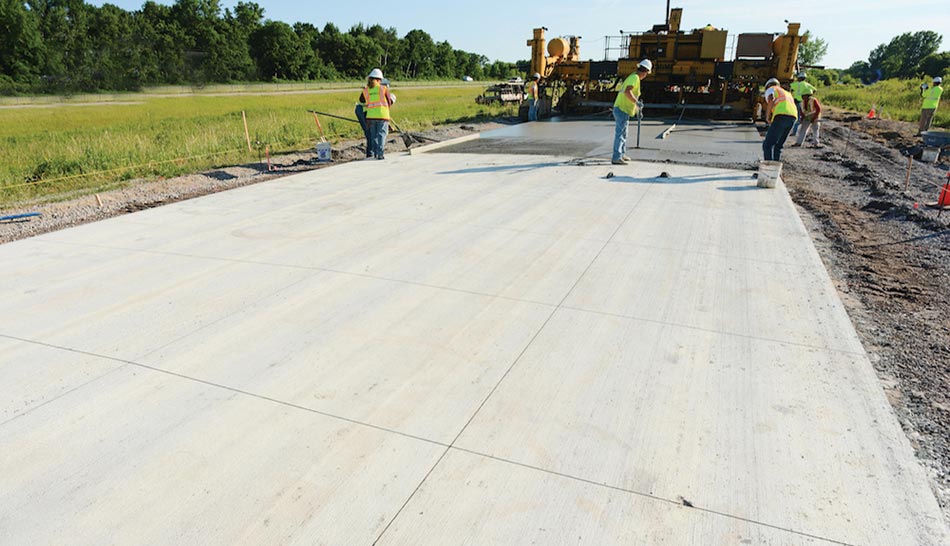What are Concrete Highways?
What Are Concrete Highways? – They are permanent roadways that are built on a concrete foundation. These highways are flexible, allowing them to adapt to varying traffic conditions. They are an ideal choice for permanent roads. Learn more about the benefits of concrete foundations. Here are some examples of the types of roadways: (A) Single-lane: A narrow, one-way road. (B) Double-lane: A busy, multi-lane street with a central lanes.

The 3R Program: These projects help rehabilitate old highways and increase their lifespans. For example, asphalt highways can be repaired in six months while concrete ones can be resurfaced in 12 hours. Despite these advantages, concrete roadways may produce more noise than asphalt or soil-cement roads. A single-lane pavement is made of multiple slabs of uniform size. The joints between these slabs are characterized by a periodic, hypnotic sound that a driver may find hypnotizing over a long journey.
What Are Concrete Highways? Today, concrete is used in many types of roadways. For example, the Pennsylvania Turnpike, built in the 1930s on an old railroad right-of-way, is an example of a rigid highway. This type of roadway is made of portland cement concrete. It is a durable material and is designed to withstand heavy traffic. The Pennsylvania Turnpike, the nation’s first major intercity turnpike, is a perfect example of a concrete highway.
